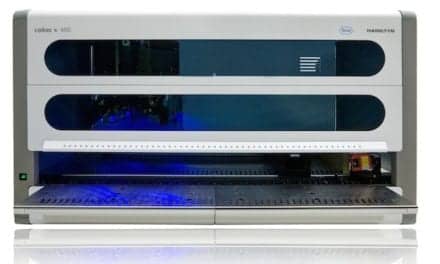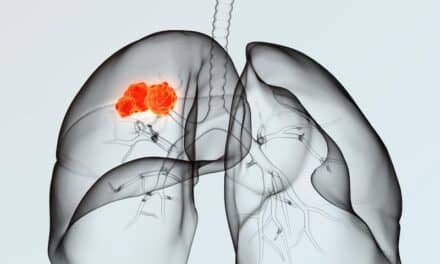The Institute for Hygiene and Public Health (IHPH) at the University Hospital Bonn (UKB), has signed a cooperative agreement with Noscendo, Duisberg, Germany, to expand the company’s Disqver proprietary and CE-marked diagnostic platform for use in the field of antimicrobial resistance.
As part of the agreement, Noscendo will use the latest sequencing technology to perform molecular characterization of up to 8,000 antibiotic-resistant pathogens from more than 35 species stored in the IHPH strain bank. The institute’s continually expanding bank of pathogens has been in operation for 20 years. The environmental databank is fed by various national and international projects; its structure addresses significant antimicrobial resistance problems encountered among today’s inpatient treatments.
“The ability to identify the infectious agent primarily responsible for an infection directly from patient material gives doctors an advantage when it comes to treatment,” says Ricarda Schmithausen, PhD, head of the One Health working group at UKB. “This applies above all to bacteria which are resistant to multiple antibiotics, the amount of which has risen sharply in recent years, not only in healthcare facilities but also in the environment.”
Schmithausen and her team are investigating the consequences of the spread of antibiotic-resistant pathogens through, among other things, wastewater or liquid manure. “If we can identify the pathogen and its resistances quickly, we can initiate targeted hygiene measures and antibiotic treatments,” she says.
Following the successful development and CE certification of the Disqver platform, a pilot study in eight maximum-care hospitals in Germany confirmed the value of the Noscendo platform for identifying the primary pathogen among several pathogen classes.
“We are very pleased about this partnership,” says Philip Stevens, PhD, director of Noscendo. “The IHPH’s expertise is a significant help for us to continue further development with regard to the detection of resistances within our Disqver platform, in order to define a new gold standard for the identification of pathogens.”
Since the beginning of its partnership with Noscendo, IHPH has used the Disqver diagnostic platform to analyze and characterize several clinically relevant resistant microorganisms down to the smallest detail. As a consequence, it was possible to attribute various outbreak events and incidents to specific bacterial culprits. IHPH was also able to trace the sources of previously unexplained cases, where the hitherto unidentified bacterial strains involved had been stored in the IHPH strain bank.
For more information, visit Noscendo.




